Electrical Safety and Efficiency Tips Every Home Should Follow
By Frank Stardiony | October 14, 2025
In today’s electrically-driven world, a reliable and safe electrical system is essential for every home and business. Yet, many people overlook important details that can make a major difference in safety, efficiency, and long-term functionality. From outdated wiring to energy-efficient upgrades, understanding your electrical system can save you time, money, and prevent potential hazards. Learning the key insights and advice your electrician provides helps you protect your property and prepare for the future.
Prioritize Electrical Safety in Your Home
Electrical safety is the foundation of any functional system. Improperly handled electricity can cause fires, shocks, and even fatalities. Circuit breakers are essential safety mechanisms that prevent overloads by cutting off electrical flow during short circuits. Regularly testing and maintaining breakers is crucial to prevent accidents. Avoid overloading outlets with multiple devices, and use power strips with built-in protection when necessary.
A certified electrician can inspect your home wiring to identify risks such as frayed or cracked wires, which are common causes of electrical fires. Regular maintenance ensures that these hazards are addressed before they become dangerous. Additionally, teaching family members about electrical safety—such as never touching appliances with wet hands—reduces the risk of injuries. Proper precautions like these are small steps that safeguard lives and property.
Handling appliances safely also involves unplugging devices before servicing them and avoiding unauthorized repairs. Your electrician wants you to understand that even minor mistakes around electricity can have major consequences. Awareness, vigilance, and professional guidance are essential for preventing accidents.
Upgrade Your Home’s Electrical Capacity
As homes rely on more advanced technology, electrical demands have increased significantly. Older wiring systems may not handle modern appliances, leading to frequent blown fuses, flickering lights, and general inefficiency. Upgrading your electrical system ensures safety and reliability. According to Forbes, you'll need about one foot of wire per square foot of living space in your home, highlighting the importance of sufficient wiring for today’s energy needs.
A service panel upgrade is often necessary for homes experiencing increased demand. Modern households usually require at least a 200-amp service panel to operate multiple high-energy appliances simultaneously. Upgrading your panel enhances safety, improves energy efficiency, and increases property value. Advanced panels also provide better monitoring capabilities, helping homeowners track energy usage and prevent overloads. Your electrician can recommend upgrades tailored to your home’s layout and needs.
Compliance with the National Electrical Code (NEC) is another vital consideration. These standards ensure that your electrical system operates safely and efficiently. Upgrading outdated systems not only aligns with code requirements but also reduces the risk of electrical mishaps. Experienced electricians are trained to deliver solutions that meet these standards while accommodating your home’s unique electrical load.
Understand the Role of Ground Fault Circuit Interrupters (GFCIs)
Ground Fault Circuit Interrupters (GFCIs) are safety devices designed to protect against electric shocks. They monitor the current and immediately cut power if they detect a ground fault. This quick response is particularly critical in wet or damp areas like kitchens, bathrooms, garages, and outdoor spaces. In many cases, GFCIs are legally required by building codes.
Regular testing ensures that GFCIs continue to operate effectively. Monthly checks, including pressing the test and reset buttons, can prevent malfunctions. Many homeowners mistakenly believe that GFCIs serve the same purpose as circuit breakers or that they require no maintenance after installation. However, your electrician knows that neglecting these devices can create serious hazards, particularly in older homes where GFCIs may be missing or outdated. Proper installation and upkeep are essential for full protection.
Embrace Energy Efficiency and Sustainability
Energy-efficient systems not only lower electricity bills but also reduce your environmental footprint. LEDs have become a staple for energy-conscious homeowners due to their low energy use and long lifespan compared to incandescent bulbs. Switching to energy-efficient lighting and appliances reduces both energy consumption and replacement costs over time.
Smart home technologies further enhance energy efficiency. Intelligent thermostats adjust heating and cooling based on usage patterns, while automated lighting systems shut off unused lights. Although initial costs can be higher, smart home investments often pay for themselves through lower energy bills and increased convenience. An experienced electrician can help design and install these systems to maximize efficiency.
Solar power represents another sustainable option. Solar panels convert sunlight into electricity, reducing reliance on the grid and lowering utility costs. Advancements in battery storage allow for energy retention and use during periods of low sunlight. While installation requires upfront investment, incentives and long-term savings make solar a viable choice. Incorporating solar technology positions homeowners as proactive participants in sustainable energy practices.
Learn About Wiring Connections and Configurations
Understanding wiring connections is key to safe and effective electrical systems. Series and parallel circuits, for example, function differently: series circuits link components one after another, causing the entire circuit to fail if one component malfunctions, while parallel circuits allow multiple pathways for electricity, so failure in one part doesn’t affect the rest. This knowledge helps homeowners and electricians alike maintain and troubleshoot electrical systems efficiently.
Wire color coding is another crucial aspect. Black wires typically indicate hot connections, white represents neutral, and green or bare wires serve as grounding. Correct identification reduces mistakes and prevents dangerous accidents. Connectors and terminals secure wiring connections, ensuring electricity flows safely without external contact. Special care is needed with materials like aluminum wiring, which requires proper installation to prevent corrosion and loose connections. A licensed electrician ensures all wiring adheres to safety protocols and functional standards.
Plan for Future Electrical Demands
Modern homes need infrastructure that accommodates emerging technologies. Home automation systems, multiple high-energy devices, and electric vehicles (EVs) all increase electrical demand. Planning ahead involves adding outlets, upgrading service panels, and preparing for EV charger installation. According to Forbes, proper wiring allocation—about one foot of wire per square foot of living space—is essential for managing future energy consumption effectively.
Smart grids and renewable energy systems can further optimize household energy management. By integrating smart devices and renewable energy solutions, homeowners can reduce peak-load stress and lower utility costs. An electrician can provide insights on installing scalable systems that adapt to increasing demands, ensuring your home remains efficient and future-ready.
EV ownership, in particular, is a growing consideration. Installing a home charging station requires sufficient wiring and service capacity to operate safely. Consulting with a professional electrician ensures your home can handle these upgrades without overloading circuits or violating electrical codes.
Protect Your Home and Family with Expert Guidance
Home electrical systems are complex, and mistakes can be costly or dangerous. By consulting a professional electrician, homeowners gain peace of mind knowing that inspections, upgrades, and installations comply with safety standards. Electricians bring expertise in assessing potential hazards, installing GFCIs, recommending energy-efficient systems, and planning for future electrical demands.
Moreover, electricians provide ongoing support and maintenance, helping prevent issues before they escalate. Regular professional checkups are an investment in safety, efficiency, and long-term savings. By relying on a skilled electrician, homeowners ensure their electrical system is robust, reliable, and ready to meet evolving energy requirements.
Understanding the essentials of your home or business electrical system is critical for safety, efficiency, and adaptability. From proper wiring and circuit management to GFCI installation, energy efficiency, and future-proofing for emerging technology, the advice of a professional electrician is invaluable. By following these facts, you can maintain a secure and efficient electrical system while preparing for tomorrow’s demands.
When it comes to electrical work, never take shortcuts. Always consult a certified electrician to address concerns, perform upgrades, and ensure compliance with safety codes. Your home’s electrical safety and efficiency depend on informed decisions and professional expertise. Take the first step today, schedule a consultation with FTJA Electric Company, and safeguard your home for years to come.
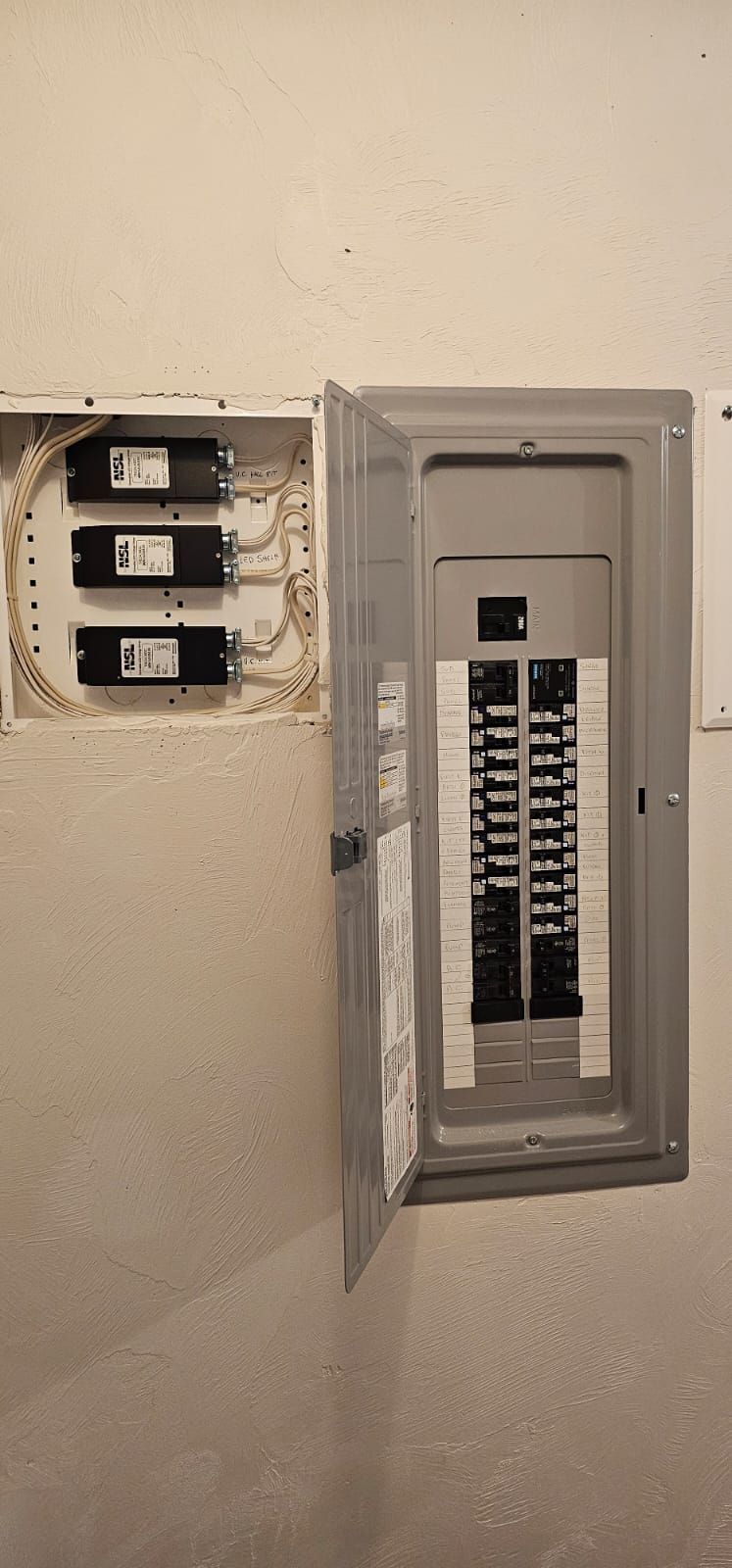

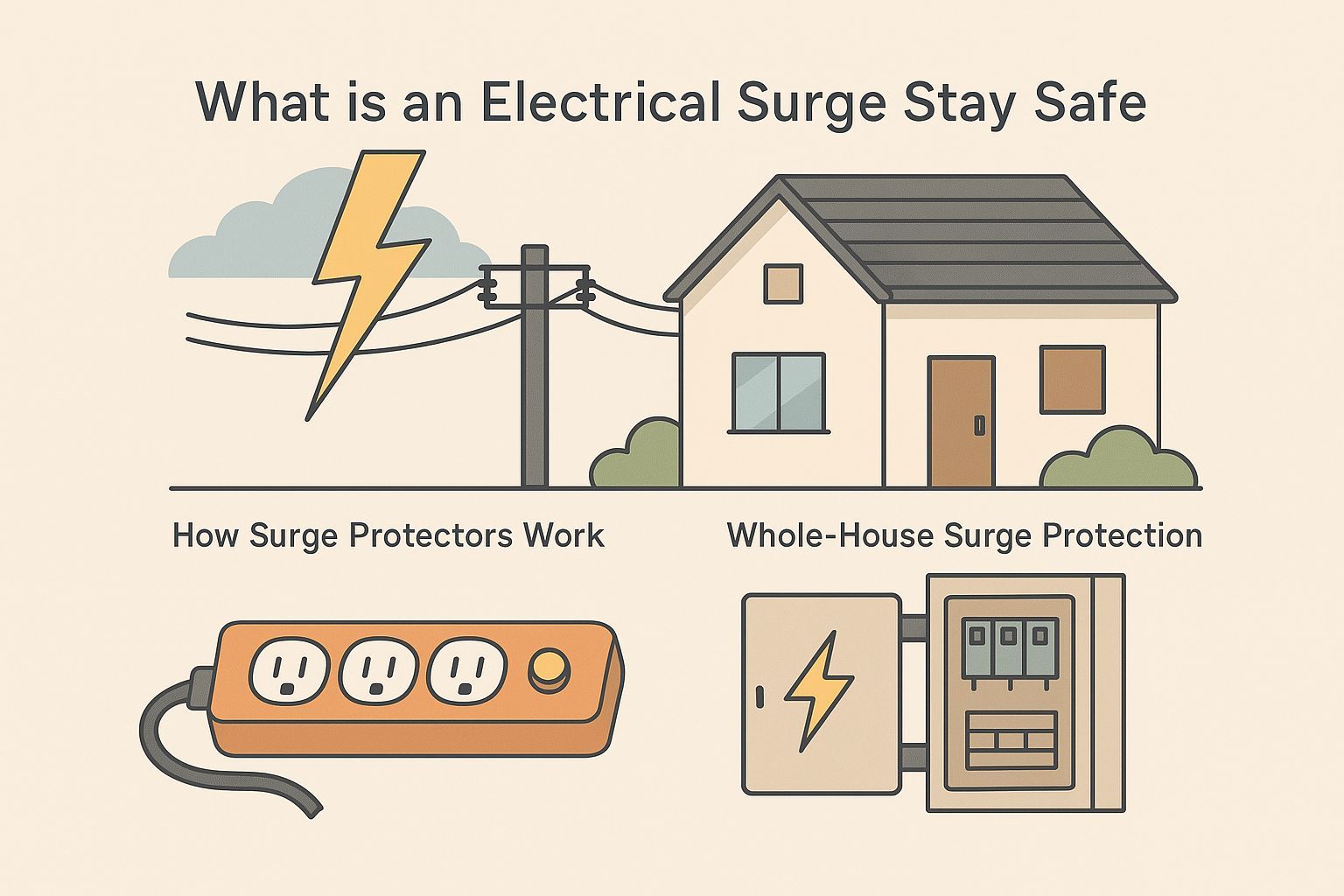
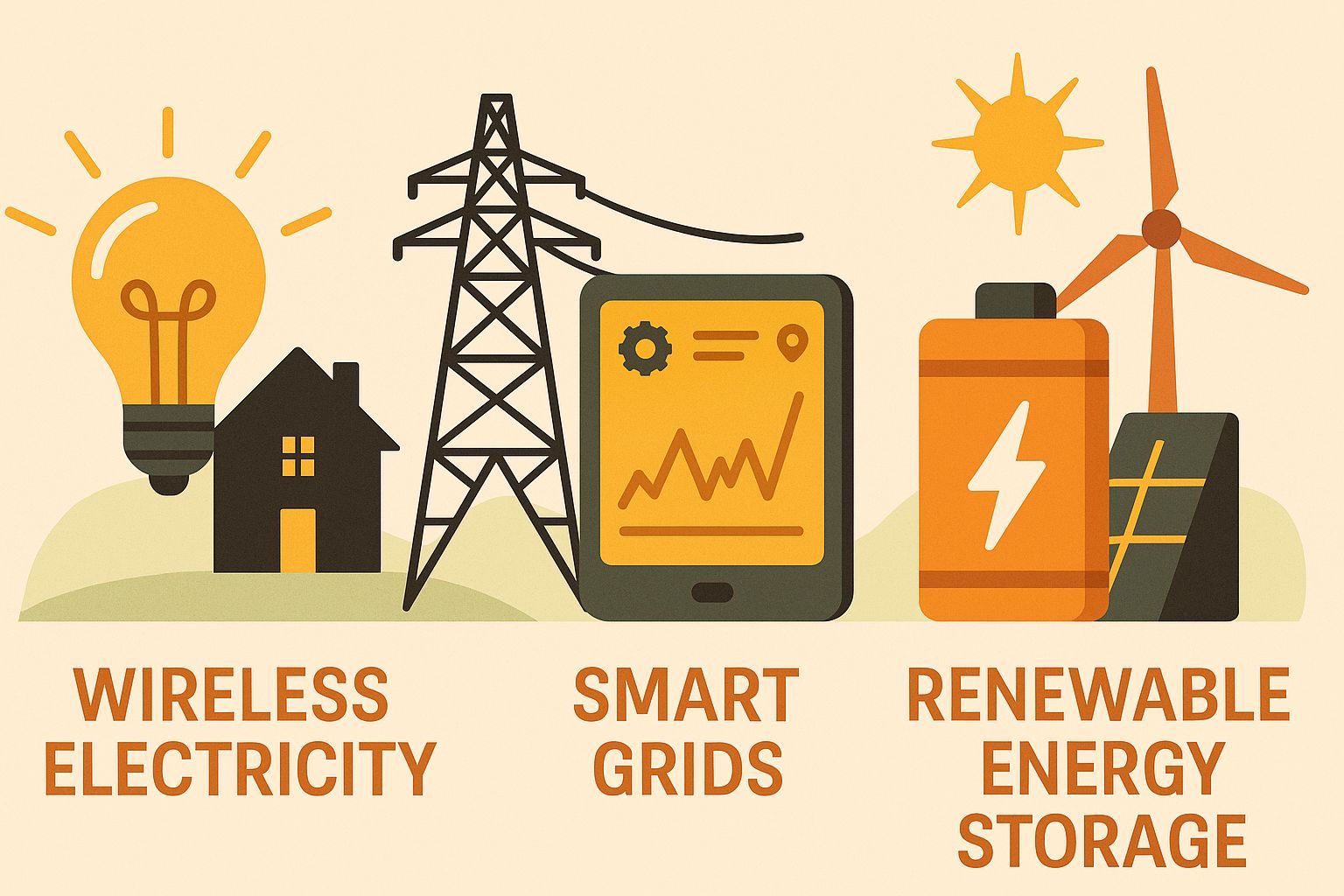
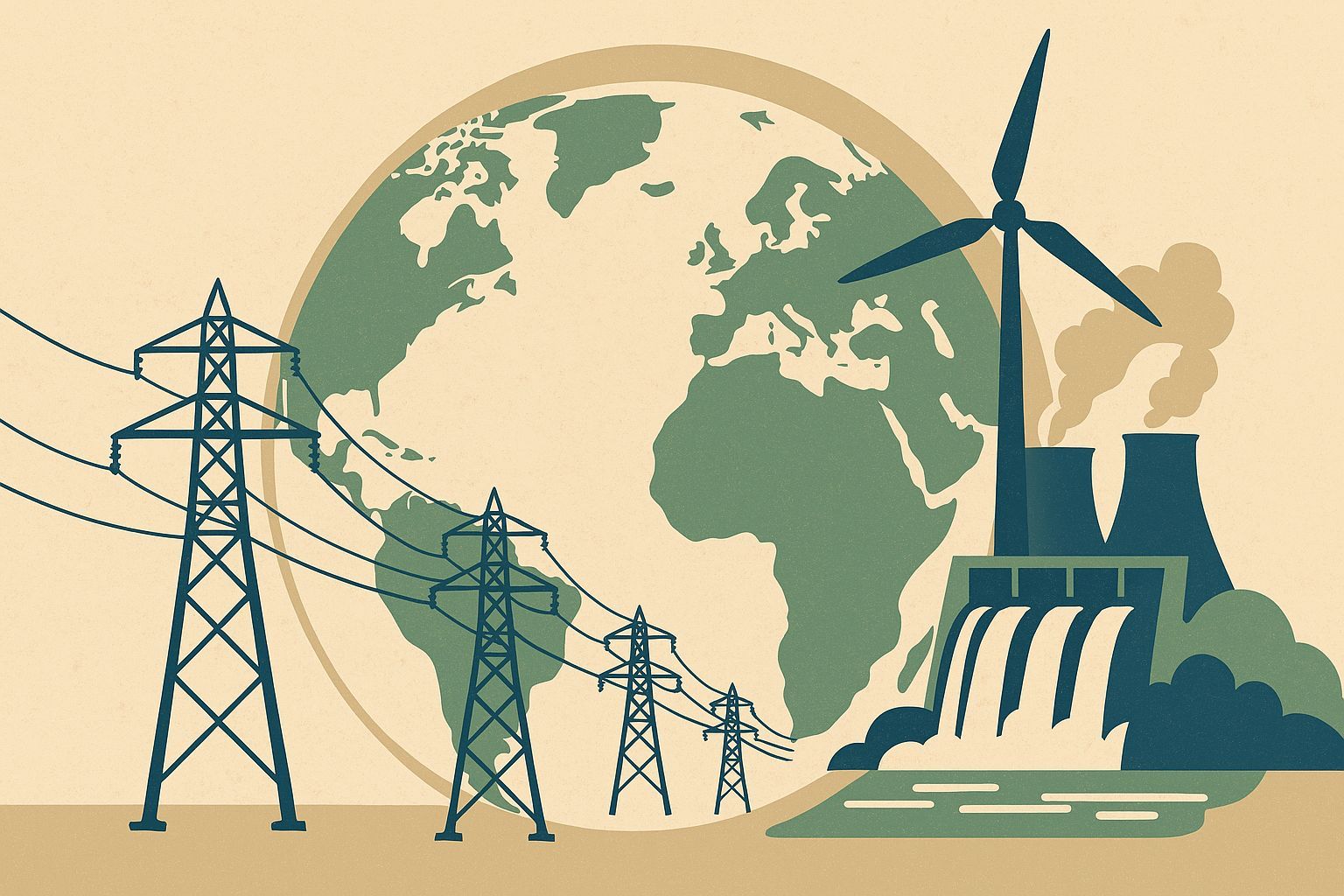

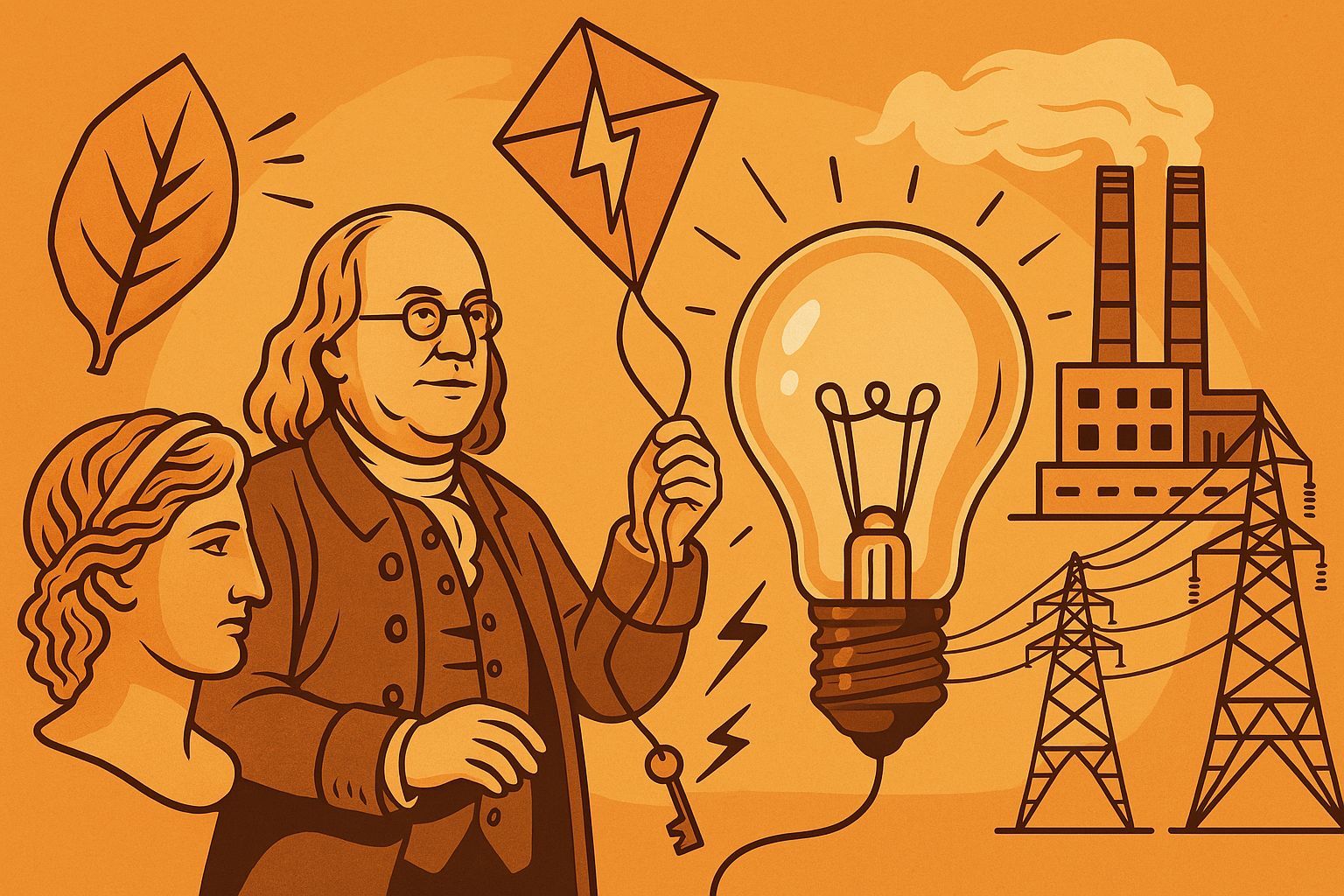



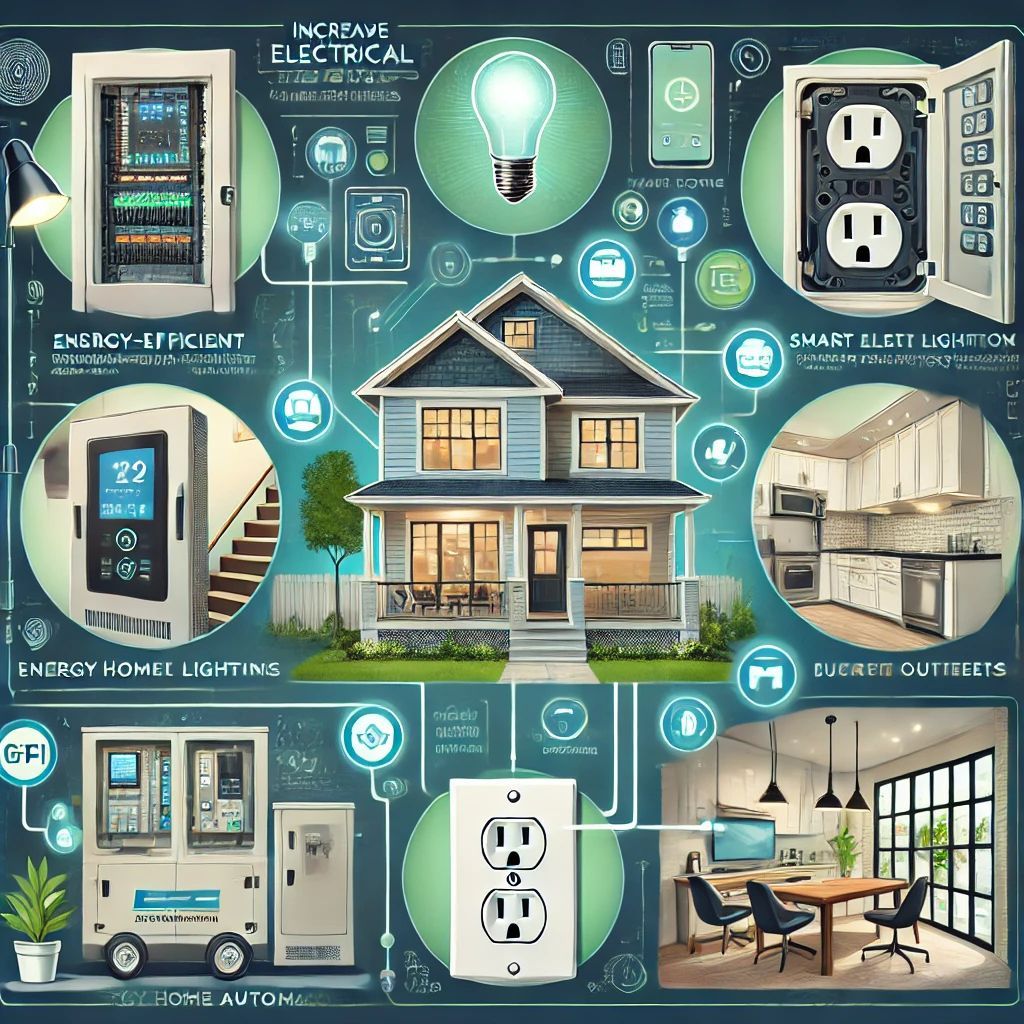
Share On: